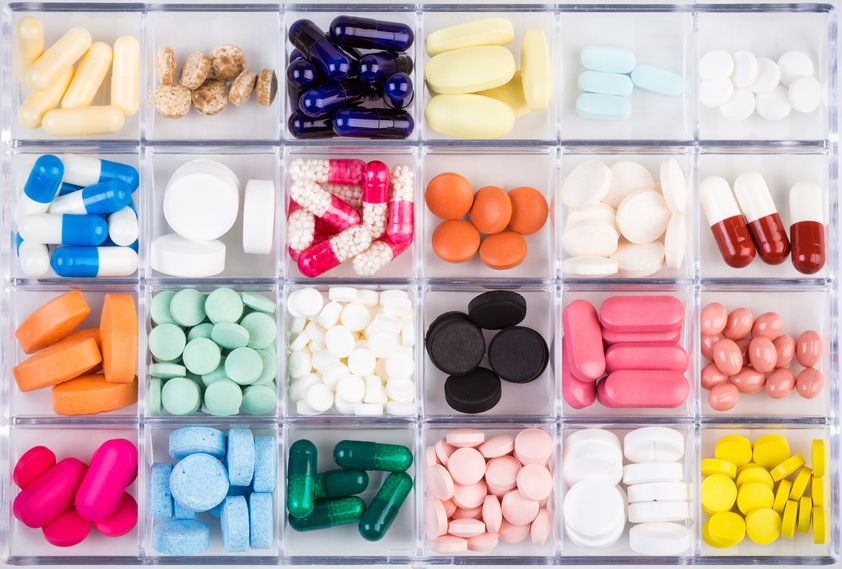While the gluten-free diet effectively reduces symptoms of coeliac disease, many people still experience distress. To that end, a number of drugs aimed at treating coeliac disease are in various stages of development. But it is not known when the U.S. Food and Drug Administration (FDA) will approve them for market. However, these three products are furthest along in the process…

Larazotide acetate
Taken orally, larazotide acetate drug works in the gut to decrease the permeability of the intestine, one manner in which gluten causes symptoms. The medicine is not meant to allow those with coeliac disease to eat gluten-containing foods. Instead, it works with the gluten-free diet to prevent “leaky gut” syndrome in cases of incidental cross-contamination.
The compound has consistently reduced symptoms in multiple clinical trials in more than 800 patients with coeliac disease. It will begin testing in a large Phase 3 clinical trial in late 2016. This is the first coeliac disease drug to get this far in the approval process.
IMGX-003
Formerly ALV003, this oral drug combines two protein enzymes that degrade gluten. Patients who were given this medication and then a gluten challenge showed no significant signs of intestinal mucosal injury.
Already through Phase I and Phase 2, it is the only treatment that has shown both histologic success and improvement of symptoms in clinical trials. Biopharmaceutical company ImmunogenX, which acquired IMGX-003 in March 2016, plans to take it through late-phase clinical trials.
Nexvax2
This injectable vaccine-like product changes the body’s immune response to gluten. According to ImmunosanT, the company behind Nexvax2, it is the only coeliac disease treatment in clinical development today that has the potential to empower patients to return to “a normal diet, good health and improved quality of life.” After positive results in Phase I clinical trials, the next step will be Phase 2 testing, in which it will be given to larger group of people and further evaluated for safety and effectiveness.
Some experts feel taking a combination of products may be the best protection against symptoms and damage caused by exposure to gluten, but that will be evaluated once the products enter the market.
This article first appeared on Gluten-Free Living.
